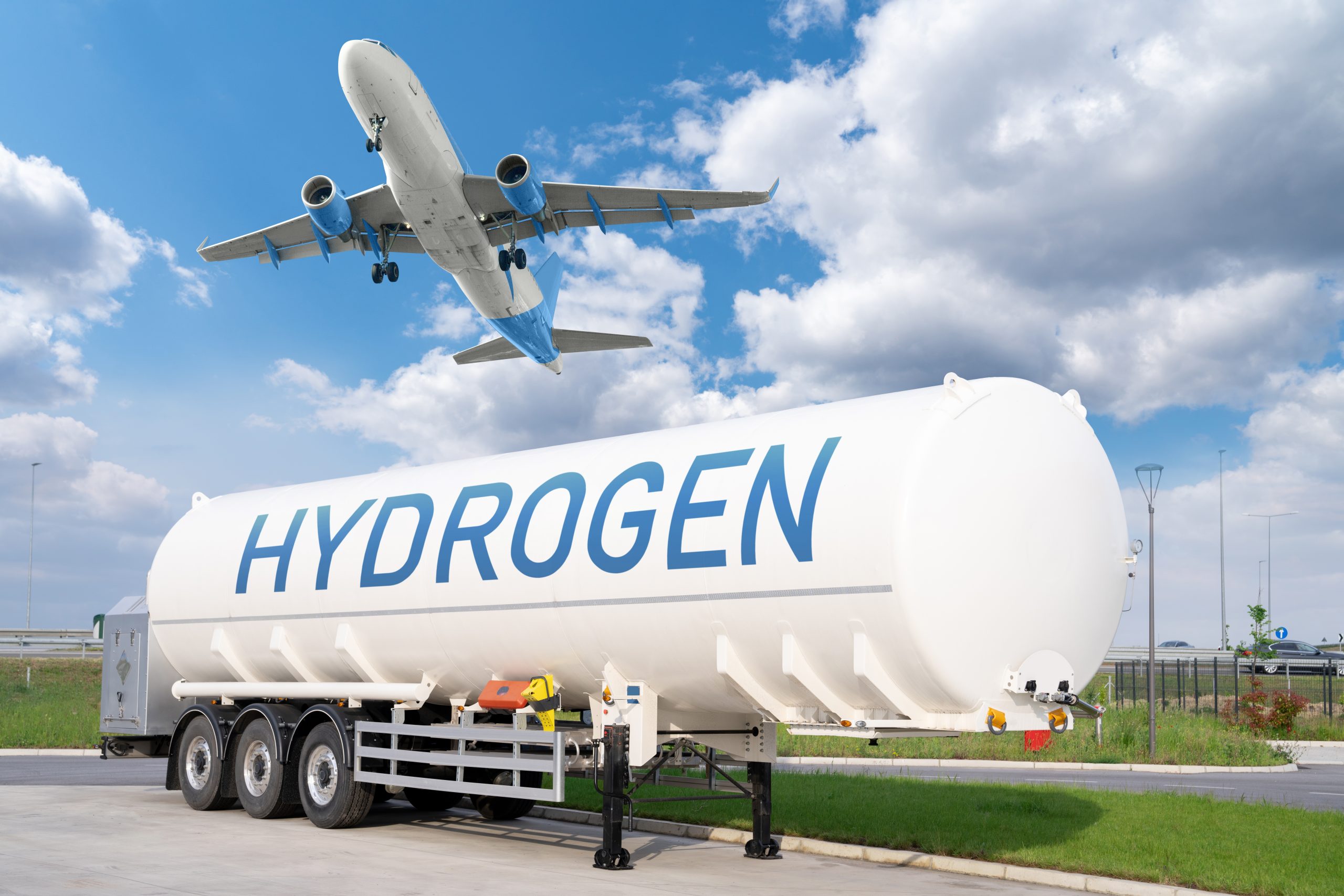- First companies selected for the Hydrogen Challenge Sandbox announced by UK Civil Aviation Authority.
- Cranfield Aerospace Solutions, Exeter Airport Consortium and ZeroAvia will work closely with the regulator to increase readiness of industry and the regulator for hydrogen fuel.
- The Challenge also enables wider industry collaboration.
The UK Civil Aviation Authority has selected three companies to increase industry and regulatory readiness for the introduction of hydrogen fuel and new technologies.
Cranfield Aerospace Solutions, Exeter Airport Consortium and ZeroAvia have all been selected by the regulator as part of its Hydrogen Challenge.
The UK Civil Aviation Authority launched its challenge in November 2023, with funding from the Regulator’s Pioneer Fund, to help leverage the potential of hydrogen as a zero-carbon emission aviation fuel.
One of the companies selected, Cranfield Aerospace Solutions, is developing a hydrogen fuel cell drivetrain to be applied to aircraft and aims to conduct ground testing and flight trials this year.
The UK Civil Aviation Authority will work with the organisation on identifying hazards, risks, and safety challenges associated with its project.
Reducing the environmental impact of aircraft turnarounds at Exeter Airport will be the focus of a study carried out by Regional & City Airports, TUI and Cranfield University.
The Exeter Airport Consortium will use the challenge to enable the consortium and the UK Civil Aviation Authority to review and provide regulatory feedback on safety cases, test plans, and risk assessments.
ZeroAvia, which is also developing hydrogen-electric (fuel cell) engines for aviation and already flying a prototype system in a Dornier 228 testbed under a UK Civil Aviation Authority Permit to Fly, will work with the regulator to identify hazards, risks, and safety challenges associated with the retrofitting of a hydrogen-electric power train.
The UK Civil Aviation Authority’s Hydrogen Challenge is an example of how it is collaboratively working with industry to help shape the future of aviation. Introducing hydrogen propulsion is also key to achieving the UK Government’s Jet Zero Strategy.
Tim Johnson, Director of Strategy and Policy at the UK Civil Aviation Authority, said:
“The Hydrogen Challenge is key to helping both the sector and UK Civil Aviation Authority to better understand emerging hydrogen technologies and the regulatory steps to progress towards entry into service.
“Working closely with the three selected companies will enable us to take a step closer towards a net-zero aviation sector by supporting the industry to explore how feasible the introduction of hydrogen is and how we can make sure regulation develops with the technology and is fit for purpose.”
Johannes Hien, Head of Design at Cranfield Aerospace Solutions, said:
“At Cranfield Aerospace Solutions we are delighted to be able to contribute to the Hydrogen Challenge initiated by the UK Civil Aviation Authority.
“We see this as a unique approach for addressing practical challenges in utilising hydrogen fuel within an aircraft environment, which hasn’t been attempted at this scale previously, neither domestically nor globally.
“Being able to collaborate on the basis of real-life test examples and data should hugely benefit the building of a new regulatory framework, which thus far has mostly been a theoretical exercise.”
Paul Harper, Director of Airworthiness & Certification at ZeroAvia, said:
“With the ever-increasing optimism around hydrogen as the fuel of the future for aviation, it is critical that there is good knowledge sharing between the regulator and industry in this nascent area.
“Given we are already flight testing and working with the UK Civil Aviation Authority on certification of our first engine, now is the right time for the Hydrogen Challenge to swing into action.”
Professor Anna Smallwood, Head of Centre for Air Transport Management at Cranfield University:
“This collaborative project is an excellent example of how Cranfield University works closely with industry to enable real world progress towards sustainable aviation.
“Providing an independent coordinating role, connecting technology innovators with key players in industry, facilitating trials and providing an evidence base with academic integrity, it is exciting to contribute to developing solutions and provide pathways for the future.”
Andrew Bell, Chief Executive of Regional and City Airports, which owns and operates Exeter Airport, said:
“This award builds on the groundbreaking research we are doing with our partners to reduce the environmental impact of aircraft turnarounds at airports.
“Introducing hydrogen fuel to ground operations could be a gamechanger on the journey to net zero, and we’re delighted be part of this exciting and potentially hugely significant project for the global aviation industry.”
Amanda Lyne, Managing Director of ULEMCo, the hydrogen fuel provider said:
“Our congratulations go to all the winners of the Hydrogen Challenge, and we wish them success in their exciting projects.
“Building on our experience converting vehicles such as aircraft tow trucks with safe hydrogen solutions, part of our role is to support customers and other users to accelerate the wider use cases for this clean fuel.”
Hydrogen as an aviation fuel is at an early stage of development, the sector does not yet have a comprehensive understanding of the risks to aviation safety and the right pathway to certification.
The UK Civil Aviation Authority will continue to address these issues through its Hydrogen Challenge, using a Regulatory Sandbox approach to make sure regulation is adapted and it fit for purpose for this new fuel.
END
NOTES TO EDITORS
· The UK Civil Aviation Authority is the UK’s aviation and aerospace regulator. We work so that the aviation industry meets the highest safety standards and consumers have choice, value for money, are protected and treated fairly when they fly.
· More information on how to apply can be found out by emailing [email protected].
· The Hydrogen Challenge runs for an initial period through to 28 February 2025.
· Regulatory Sandbox services are offered prior to the start of the process for regulatory certification, which will help better understand the introduction of new technologies.
· The Hydrogen Challenge is funded with nearly £940,000 from the Regulators’ Pioneer Fund, which is overseen by the Department for Science, Innovation, and Technology.
